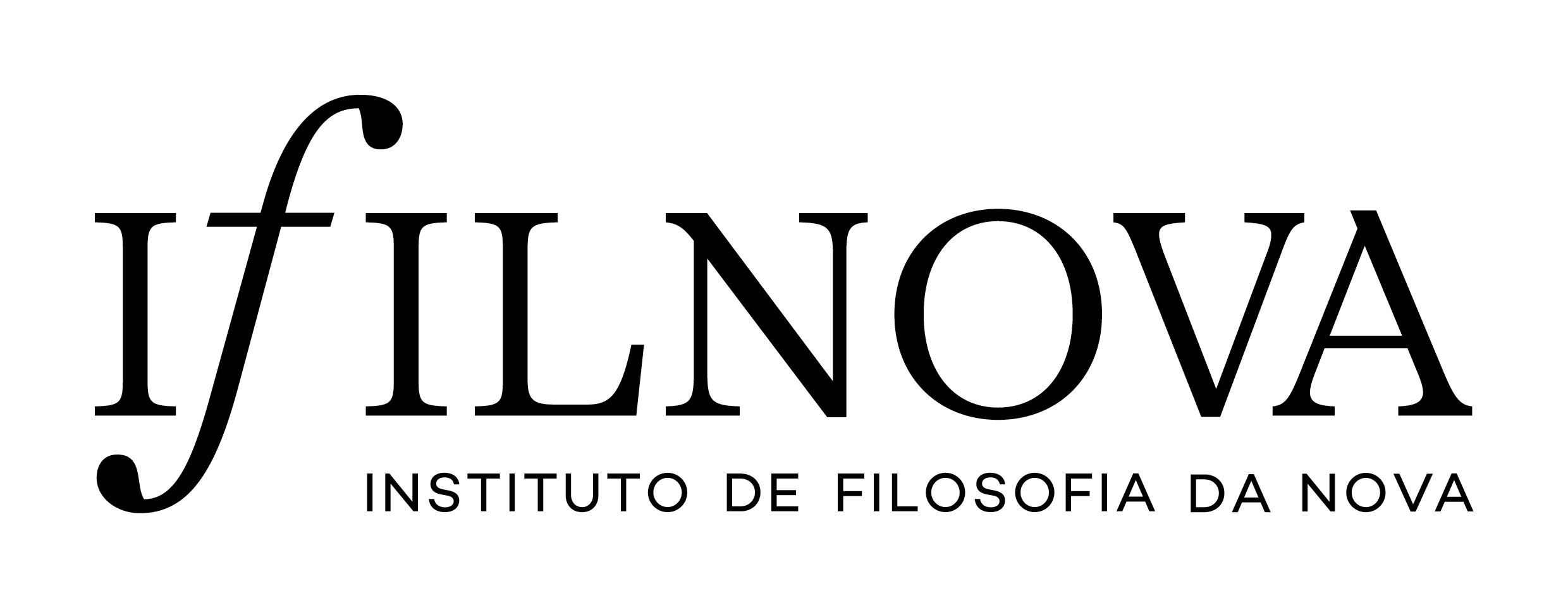LISBON | 25-26 JANUARY 2024
Face-to-face only
INVITED SPEAKERS
Quill R. Kukla (Georgetown University, US)
Leo Townsend (University of Reading, UK)
Nat Hansen (University of Reading, UK)
ORGANIZERS
Marcin Lewiński (ArgLab, IFILNOVA, NOVA University of Lisbon)
Álvaro Dominguez (ArgLab, IFILNOVA, NOVA University of Lisbon)
The literature on metalinguistic disputes studies how important elements of social reality are defined: gender, race, rape, torture, disease, COVID-19 deaths (Haslanger, 2012; Ludlow, 2014; Schiappa, 2003; Plunkett & Sundell, 2013; Kukla, 2022; Lewiński & Abreu, 2022). One underlying assumption behind this work – and yet conspicuously underexplored – is that the authority of speakers-qua-stakeholders plays an important role in such disputes. Indeed, in many significant cases, only (national) parliaments or (supreme) courts have the prerogative to decide on definitional choices. But if this is so, then the weight of one’s engagement in various forms of metalinguistic disputes cannot be evenly distributed: the powerful epistemic and deontic authorities would seem to always have the upper hand. A growing body of recent literature starts addressing this issue (Kitsik, 2022; Podosky, 2022; Shields, 2021).
In its turn, speech act theory, following Austin’s (1962) pioneering work, provides conceptual resources capable of addressing this phenomenon in a theoretically fruitful and socially relevant manner. Speech acts performed in metalinguistic disputes by speakers with authority can be defined as “authoritative illocutions”: speech acts that require the authority of the speaker in a relevant domain to be felicitously performed (Langton, 1993). Even seemingly innocent “metalinguistic proposals” (Hansen, 2021) of ordinary speakers invite authority-based questions: Who is entitled to propose? How is the proposal taken up? All the same, authority dynamics in many real-life examples tend to be much more intricate than the dyadic relations epitomised in the Master-Slave metaphor (Lewis, 1979). A social movement protesting against oppression is endowed with experiential, democratically legitimised authority to argue for their take on “oppression”, even if an individual conservative minister or president has an executive authority to decree what “oppression” officially stands for.
The goal of this two-day workshop is to investigate speech acts that are instrumental in metalinguistic disputes and analyse how authority relations affect, for good or bad, the dynamics of such disputes. In particular, the workshop is centred on two topics. First, how does the authority of speakers affect the performance of metalinguistic speech acts? Is there a difference if the speaker is an individual, a representative of an institution, a member of a group, or an expert in the field, for the successful performance of metalinguistic speech acts (Townsend & Lupin, 2021)? Second, how does the position of the hearer affect metalinguistic speech acts in the sense of uptake (see Kukla, 2014; Kukla & Lance, 2009)? Various forms of silencing (locutionary, illocutionary, and perlocutionary) or distorted uptake (discursive injustice, discursive paternalism, etc.) are especially relevant concerns here.
Apart from the invited speakers, the workshop will have about 10 slots for accepted talks. We invite anyone working on the conference themes to submit a paper proposal of up to 2 pages (references included) to m.lewinski@fcsh.unl.pt by October 6, 2023. Proposals in a pdf file should be completely anonymised and suitable for a presentation of 30-40 minutes in length. Talks will be followed by 15-20 minutes of questions and discussion.
Notifications of acceptance will be issued by October 16.
For any further question please get in touch with Álvaro Dominguez at a.dgueza@campus.fcsh.unl.pt.
This workshop will take place within the activities of the PHILA Group.
Key dates:
Submission of anonymized abstracts: October 6, 2023
Notification of acceptance: October 16, 2023
Conference: January 25-26, 2024
Event supported by the Foundation for Science and Technology (Fundação para a Ciência e para a Tecnologia) of the Portuguese Ministry of Education and Science under the project UIDB/00183/2020.

